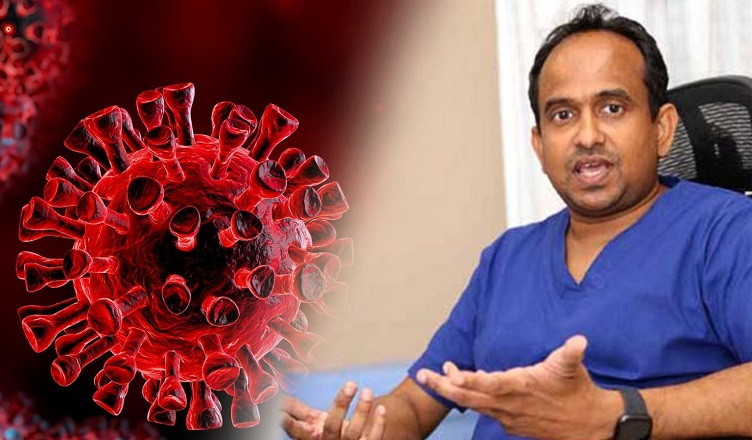(LANKAPUVATH | COLOMBO) – Professor Chandima Jeewandara, the Director of the Allergy, Immunology, and Cell Biology Unit at Sri Jayewardenepura University, has issued a cautionary statement, suggesting that the novel JN.1 virus may already be present in Sri Lanka.
Despite the low testing rate for the substrain of the Omicron variant of COVID-19 virus in the country, with the figure being “close to zero,” Prof. Jeewandara emphasized that this does not necessarily imply the virus’s absence.
He highlighted the likelihood of the JN.1 subvariant emerging, possibly already present in the community, citing increased cases of Influenza-like Illnesses (ILIs) in Sri Lanka.
Drawing parallels with India, where 30% of patients with ILIs tested positive for COVID-19 within 24 hours, he suggested a similar situation in Sri Lanka due to the elevated number of reported ILIs.
Despite this concern, Prof. Jeewandara reassured that Sri Lanka’s healthcare system is well-prepared, having successfully managed previous waves.
He recommended wearing masks, especially for the elderly or those with weakened immunity, and those in poorly ventilated, enclosed, and crowded environments.
Symptoms of JN.1 include fever, cough, loss of smell, and loss of taste. Prof. Jeewandara advised seeking medical advice for persistent high fever, breathing difficulties, fatigue, inability to eat, and vomiting — the warning signs observed in other parts of the world. He also urged individuals at risk to consider getting booster shots.




